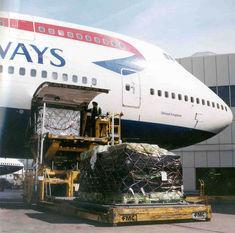
While 2009 was characterised by redundancies and insolvencies, a new Freight Transport Association (FTA) report reveals that fewer companies made staff redundant in 2010, with those expecting to do so in 2011 having halved.
But with transport operating costs having risen well above inflation (the cost of diesel alone rose by nearly 15 per cent in 2010), road transport operators have clearly scaled back on investment and training.
The Logistics Report 2011, published by the FTA in association with PricewaterhouseCoopers (PwC), charts the ebb and flow of the last year, analysing the challenges and triumphs of 2010 using a unique set of industry statistics and official data.
FTA managing director for policy and communications James Hookham said:“Logistics is the lifeblood of the economy, delivering raw materials, finished consumer goods, essential supplies and vital public services. Everyone should be interested in its performance and achievements.”
The report covers the prevailing business sentiment amongst freight transport operators, based on FTA and PwC surveys and analysis; the dramatic consequences for transport policy and spending following the General Election and the coalition government; and logistics’ agility and responsiveness to two bouts of severe winter weather and the closure of air space due to the volcanic ash cloud emanating from Iceland.
Hookham added: “Logistics prides itself on being a responsive and progressive industry, able to perform its essential function, despite the obstacles thrown at it. Two spells of treacherous winter weather at the beginning and end of the year, felt most markedly in Scotland, tested the true grit of road and rail operators as they battled to keep the nation’s supply chain going. Similarly, the intelligent deployment of road freight services allowed air freight that was disrupted by the Icelandic ash cloud volcano to still reach its destination in Europe.”
The Logistics Report shows that industry’s perception of government has improved, with only 12 per cent believing that the government has no understanding of the role of logistics in the economy, compared with 26 per cent in the preceding year